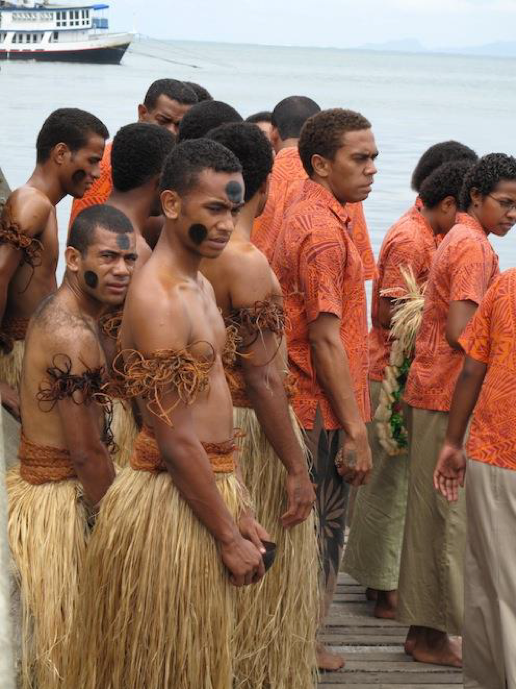First published on 01/11/2013, and last updated on 03/11/2018
By: Vanessa Reid, Communications Officer, and Sudeep Jana (Honorary Member)
With a global population having sped past the 7 billion mark, if biodiversity loss is to be halted, human-induced environmental catastrophes stopped and climate change mitigation realised, human beings must start working in harmony with the natural world around them. Ghandi’s much used dictum ‘nature provides for everyone’s needs, but not for everyone’s greed’ has reached such acclaim for the simple reason that it is so frustratingly true, and undeniable. It forces us to stop in our tracks examining how fragile our human existence is, and how dependent we are upon an equally fragile set of interconnecting ecosystems: our natural environment, our biosphere. Throughout the world ICCAs represent this synergistic balance between man and nature that Ghandi was so oft referring to. The specific term ‘ICCA’ just did not exist then as it does today.
Those whose livelihoods and basic survival is dependent upon the natural environments they inhabit and sustainably conserve are often, in more cases than not, the best suited to govern and conserve them (i.e. ICCAs). The acute and subtle understanding of indigenous peoples (IP) and local communities living within and protecting their ICCAs, thanks to age-old traditional knowledge and an intricate web of understanding ranks them as some of the world’s most worthy, and intelligent
‘conservationists’. The term traditional however, often implies knowledge belonging to older generations: knowledge that youngsters are often accused of not being interested in, or capable of acquiring. Within IP rights movements, so oft we hear of the wisdom of IP elders, of their knowledge, of their message to the outside world. In the face of rapid globalisation however, and rapid cultural shifts where does this leave the younger members of these communities? What is their role as they watch their ancestral homes being ‘awarded’ to multinationals, often foreign, companies? Where is their platform to speak out about the violation of their human rights and the futures of their children?
After much heated discussion at a Consortium General Assembly in India, proceeding the CBD COP 11, the Consortium decided to explore the creation of an ICCA youth network. Inspired by stories of young people from indigenous and local communities setting up initiatives to protect their ancestral lands across the world, the Consortium is seeking to investigate if and how a youth network could be effective. We would like to know your experiences, thoughts, and insights relating to all of this!
